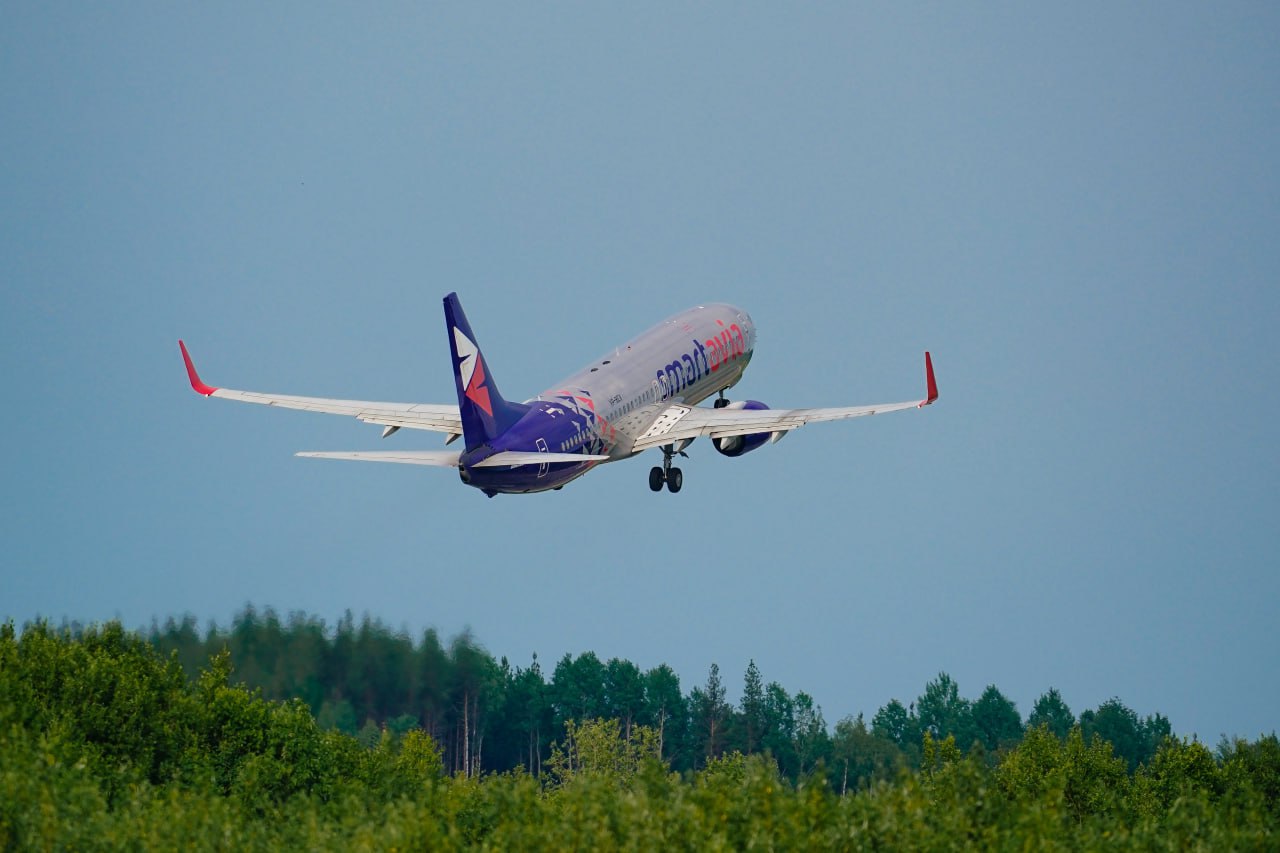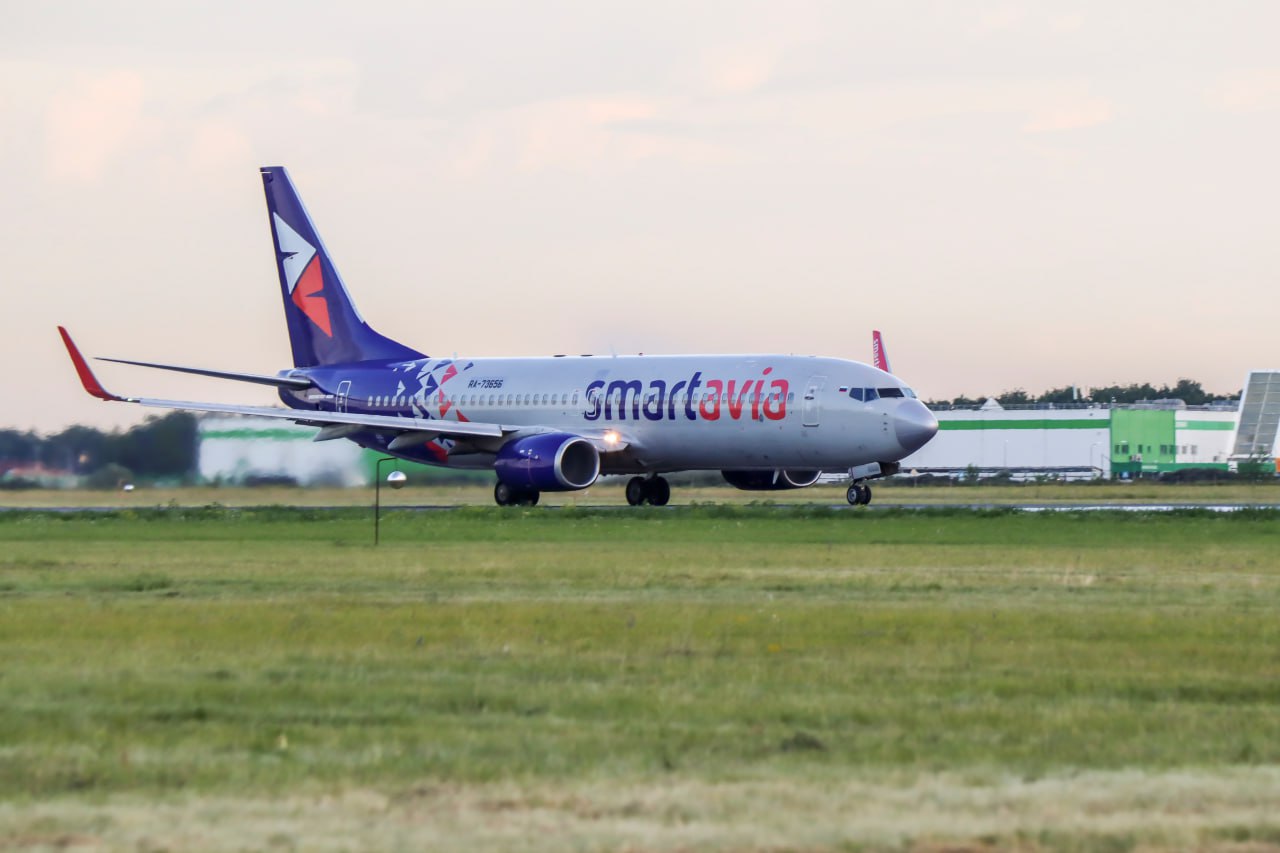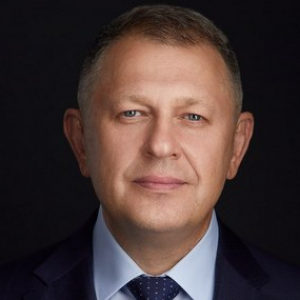A combination of several important factors allows you to achieve significant results in life. Among them are aptitude for the chosen business, determination, confidence in yourself and the set goal, quality education and other aspects. "Arguments and Facts in Samara" is launching a new project "Starting Point – Samara". It will tell you about people who have achieved great career heights, the ascent to which began on Samara soil.
Today, we are talking about the professional success story with Sergey Lazarev, CEO of Smartavia Airlines.
"The profession found me"
Sergey Alexandrovich, you have more than 30 years of experience in civil aviation. How did you choose your profession? Why did you choose this particular field of activity?
It seems to me that the profession itself found me. When I was a child, my father instilled in me an interest in radio electronics, at school I was carried away by classes in the aircraft modeling club, which became the reason for entering the KuAI (Kuibyshev Aviation Institute; author's note) majoring in Radio Engineering. After graduating from the Institute, I came back to my native Orenburg and went to work for Orenburg Airlines, where I started my career as an engineer in the laboratory of aviation and radio-electronic equipment. This was as close as possible to my major according to my diploma. By the way, during my studies I managed to go through three historical stages of one university in Samara: I entered KuAI, studied at SAI (Samara Aviation Institute), and defended my diploma at SSAU (Samara State Aerospace University).

Aircraft operation and avionics development are different areas, but the basic knowledge obtained at KuAI helped me to quickly retrain for the maintenance and operation of civil aviation aircraft. However, this required obtaining an additional package of knowledge in the training unit in Kurumoch. I started working on An-24 and Tu-134. Then there were 8 more types of Russian-made aircraft and three types of foreign-made aircraft.
Knowledge is a confidence
Now you hold a high position in a large company. What are the main stages of career growth that you have gone through? Which of them were the most difficult, significant?
Career growth largely depended on both the next stage of professional development and the accumulation of new professional knowledge. In the Orenburg Airlines, this was the transition to the operation of foreign aircraft, the growth of the aircraft fleet, contractual work on leasing, and the acceptance of aircraft. At AirBridgeCargo Airlines (part of the Volga-Dnepr Company Group), this was due to a large order for new Boeing 747-8 cargo aircraft, their acceptance, the specifics of cargo transportation, and the creation of a route network around the world. Now, at Smartavia Airlines, this is the creation and development of a unique product for passengers, maintaining a high level of flight time, and finally, the development of the concept of a low-cost carrier. Of course, there were difficulties at each of these stages. However, it is always interesting to take on a new business, a new direction, especially if it requires new knowledge.
The professional success of each person largely depends on a successful start, on the knowledge and skills acquired at the University, on lectures and mentors. What role did Samara State Aerospace University (now Samara National Research University) play in your career? To what extent did the quality of the education you received help you to solve complex production tasks at different stages of your career?
Samara State Aerospace University undoubtedly gave me a powerful knowledge base, but most importantly, I became confident that there is practically nothing that I cannot master or learn. One thing is to learn lectures and answer the lecturer from notes in a copybook, and another one is to understand the essence of the applicability of this knowledge in technology, economics, and other industries. This is what we should strive for. And one more important point: my first higher education helped me to quickly master different types of aircraft, and my second one, higher economic education, (second diploma with honors) enabled me to solve the most difficult problems at all stages of my career without being afraid of their complexity.

"The more difficult, the more interesting"
Today's school graduates often strive to enter the capital's universities, citing their higher prestige. However, in the Samara Region there are many universities that have high ratings both among Russian and foreign educational institutions, several universities have the status of flagship ones. In your opinion, can a regional university provide decent quality education, prepare a young specialist to build a successful professional future? What should an applicant be guided by first of all when choosing a university?
I am familiar with this story. My son graduated from MAI (Moscow Aviation Institute), but this choice was made not because of the prestige of this university, but because of my move to Moscow. Under other circumstances, I would recommend him to enroll in Samara, in Samara University. I will answer your question simply – there are many examples when industry leaders and high-class managers grew up from regional universities. Here, the factor of motivation for growth and the desire to move forward, without financial support from parents, is fundamental.
What would you advise future top managers: what personal qualities should they develop in themselves in order to achieve serious professional heights?
Do not be afraid of difficulties, follow the rule – "the more difficult, the more interesting", think about the result of the implementation, and not about the reward for the result obtained. Another important point is the ability to work with staff, to create a certain mood in the team that you manage, starting from the language of communication, tasks setting to employee motivation. This is the minimum set that future top managers need to develop from their student days. And, of course, taking into account IT technologies, without which it is currently almost impossible to become a high-class manager.
Source: AiF
 RU
RU  EN
EN  CN
CN  ES
ES 